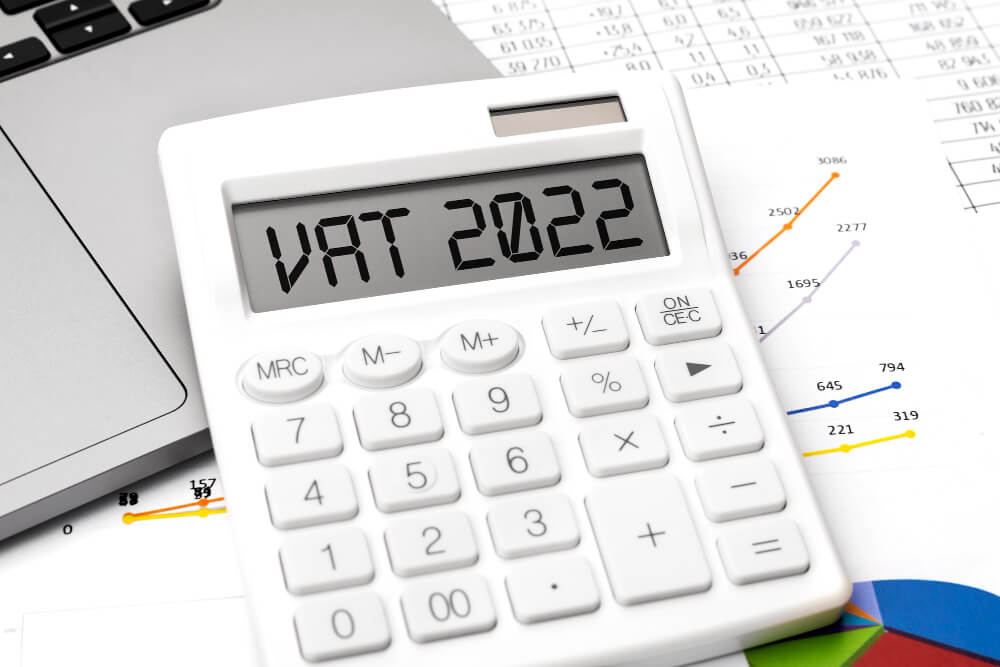Legal jargon can be confusing to a layperson. It is why we have advocates and tax experts to assist us in simplifying legal and tax issues.
However, when it comes to tax savings, there are a few words that everyone should be familiar with, such as ‘tax planning’ and ‘tax avoidance.’ Even though there is a significant distinction between the two words, many people use them interchangeably.
Let’s look at the differences between the two terms and why one is superior to the other in this article.
Table of Content
What is tax planning?
Tax planning is the process of lowering tax liability by legal means. For example, you might put money into an ISA or take advantage of other tax breaks. Accountants and tax consultants are often able to assist with tax savings by legal means.

Any business with good tax governance will aim to minimise its tax liability by using the government’s resources and frameworks. Allowances, deductions, rebates, and exemptions are just a few examples.
What is tax avoidance?
Tax avoidance occurs when financial arrangements and instruments are used in ways that were not planned or expected by the government to achieve a tax advantage. It involves using tax shelters or ‘bending’ the tax system’s laws in an illegal way to your benefit.
In tax avoidance, one wrongly takes advantage of legal flaws and loopholes for personal gain. Tax avoidance is often referred to as a grey area, and there is much controversy over whether it is legal.
Activities that come under the concept of Tax planning, on the other hand, are not prohibited by law.
Here’s a basic comparison of tax planning and tax avoidance based on various factors. It will assist you in understanding the significance and advantages of tax planning:
- Nature
On a basic level, tax preparation and tax avoidance are two mechanisms for reducing tax liability. Both approaches are legal, but that is where the similarities end.
- Legality
Yes, tax avoidance is legal. However, while tax planning is the right thing to do, tax avoidance is unethical and at times, can be illegal.
- Objective
Tax planning aims to reduce your tax liability by using existing legal provisions. The aim of tax avoidance, on the other hand, is to avoid paying taxes by exploiting legal loopholes.
- Benefits
The advantages of tax planning typically are for a longer duration. For example, the government has implemented tax breaks for different investment vehicles such as mutual funds and provident funds. It encourages people to make long-term investments and reap the rewards.
However, the advantages of tax avoidance are typically short-term. If the government closes the loopholes and changes the tax law, an individual may no longer be able to take advantage of them legally. A recent example as that of IRS-35 regulations for contractors.
- Consequences
Tax avoidance is punishable by fines or imprisonment if it breaches tax regulations. However, tax planning is entirely legal.
- Purpose
Both help to save taxes, but tax avoidance seeks to minimise tax, while tax planning, on the other hand, assists companies in achieving tax productivity.
- How it is used
Tax avoidance is similar to tax planning, but it is performed before tax liability arises. This approach usually yields short-term benefits. Tax planning, like tax avoidance, should be undertaken before a tax obligation occurs.
However, it is concerned with the future and frequently serves for either long-term or short-term gains of each assessee.
Special considerations at the time of selecting the proper tax reduction manner
The following are two important tips for taxpayers to keep in mind:
- Gain knowledge of tax laws and the most effective strategies for reducing tax liability. Remember that differentiating specific methods based on their meaning, legality, and features is critical to avoid trouble and penalties.
- Seek the advice of tax accountants in central London. It is also a smart strategy because the person with their area of expertise will always know how to apply tax law to minimise your tax burden and maximise your benefits.
- Furthermore, tax laws are always subject to change, so whether your tax-saving instrument is correct or not should be subject to clear advice based on circumstances from tax experts.

Winding-up
Tax planning is a better long-term choice than tax avoidance. It is a good idea to recognise and use the numerous provisions available.
To do so, however, you must start your tax preparation early in the year. You do not want to wait until a deadline approaches, or you might make sudden, incorrect decisions.
The great thing about tax planning is that there are many tools available within the legal structure to maximise your benefits. So, when it comes to tax savings, go the legal and moral way.












Leave a Reply